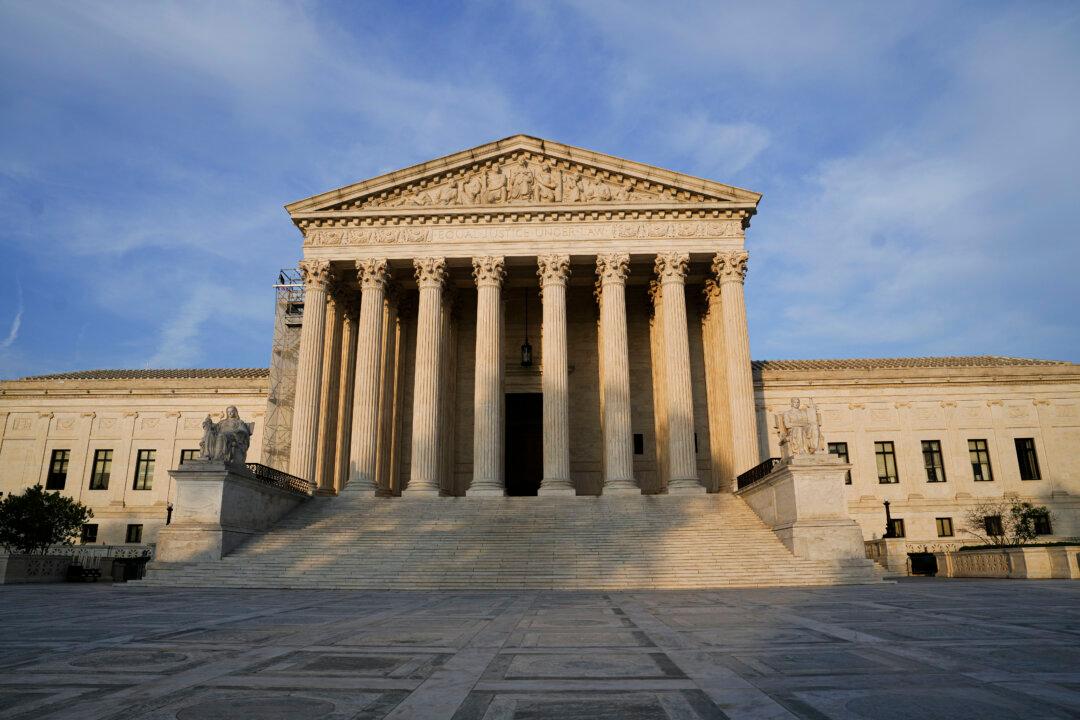The Supreme Court unanimously sided with Twitter, Google, and Facebook, finding in a pair of decisions on May 18 that the Silicon Valley giants are shielded from liability for content posted by users.
The lawsuits arose after deadly Islamic terrorist attacks overseas. Victims’ families argued that the Big Tech companies were liable because they allowed terrorist videos to be posted online or failed to do enough to police the terrorist accounts posting the videos.





